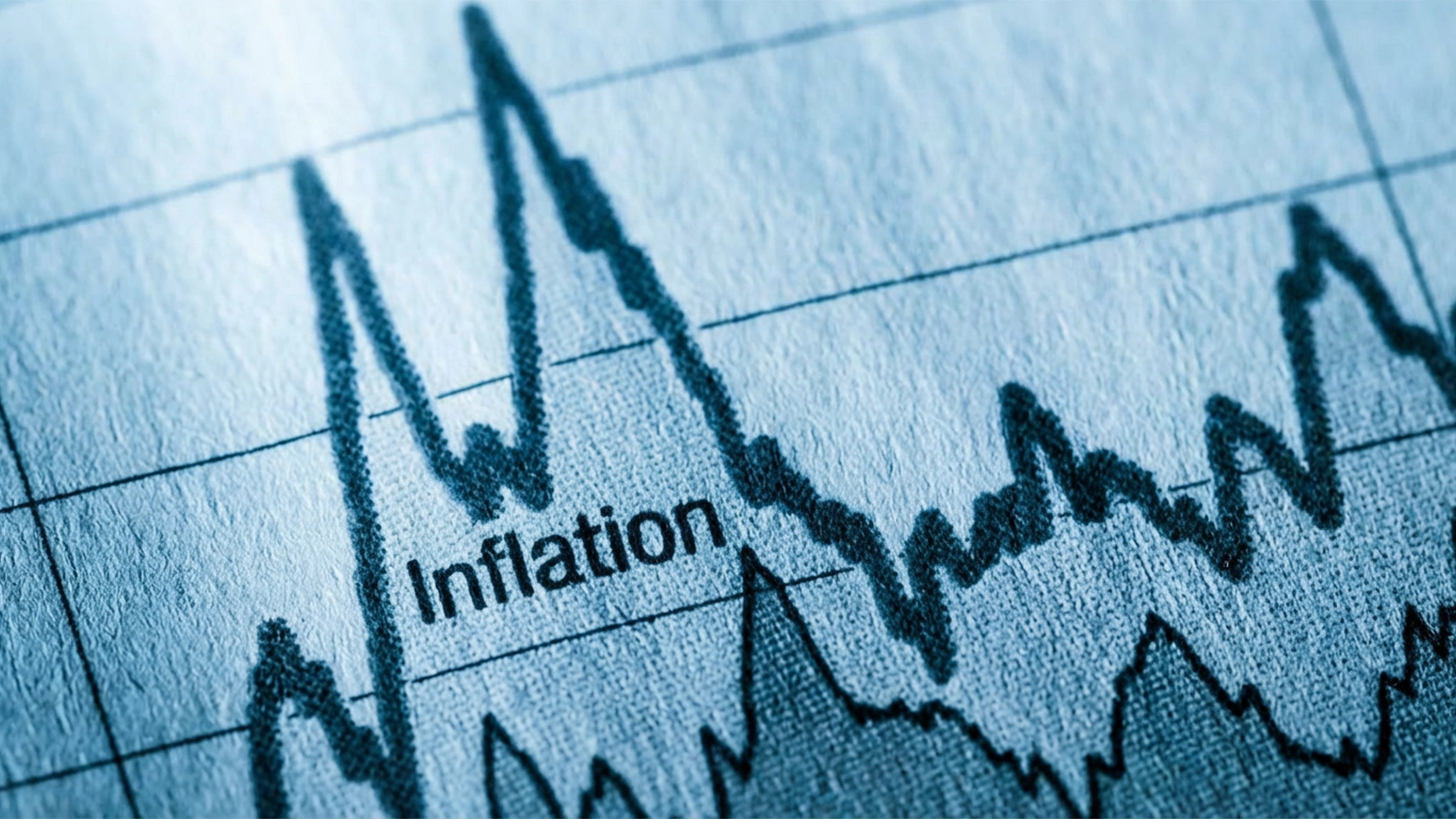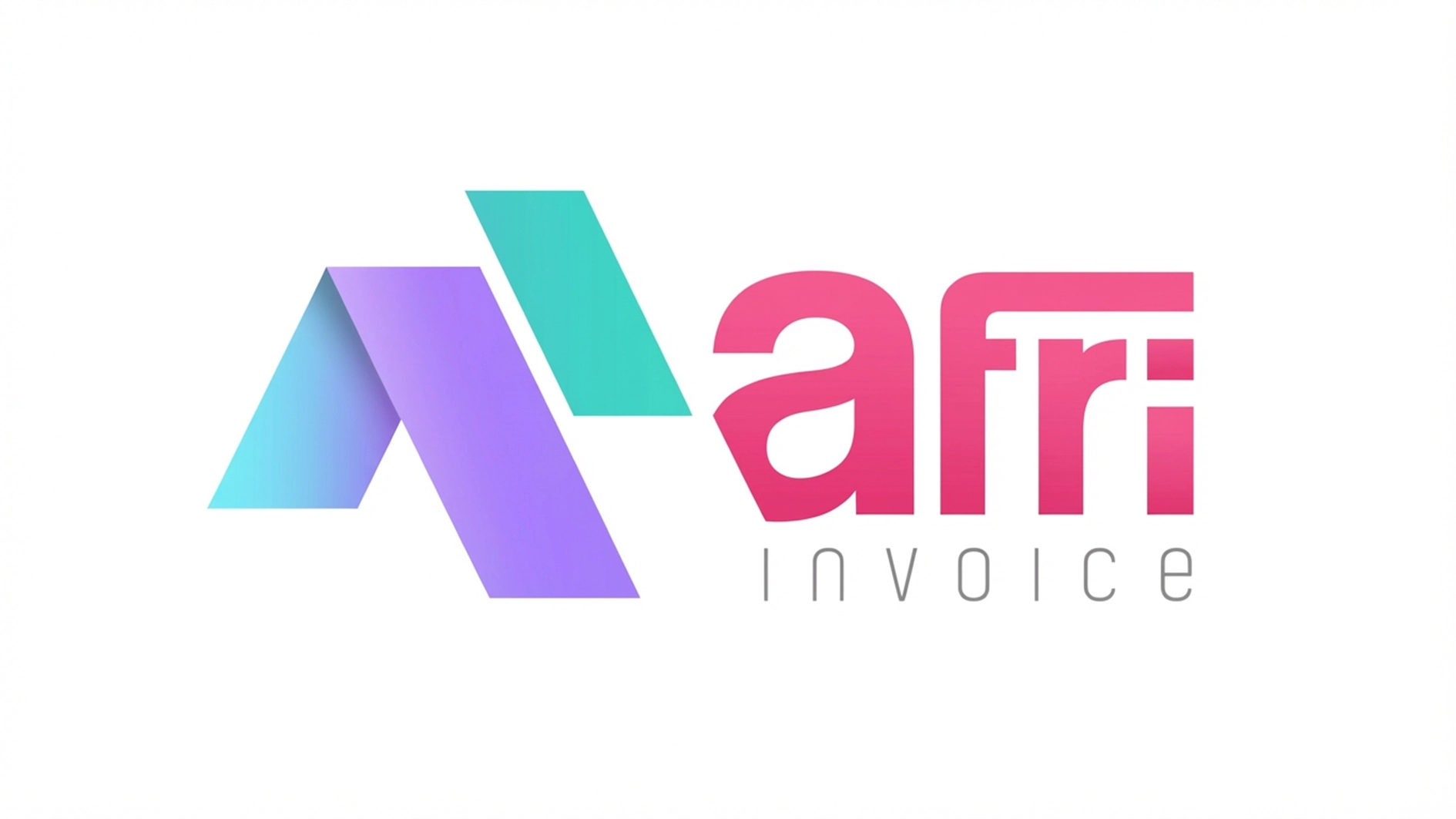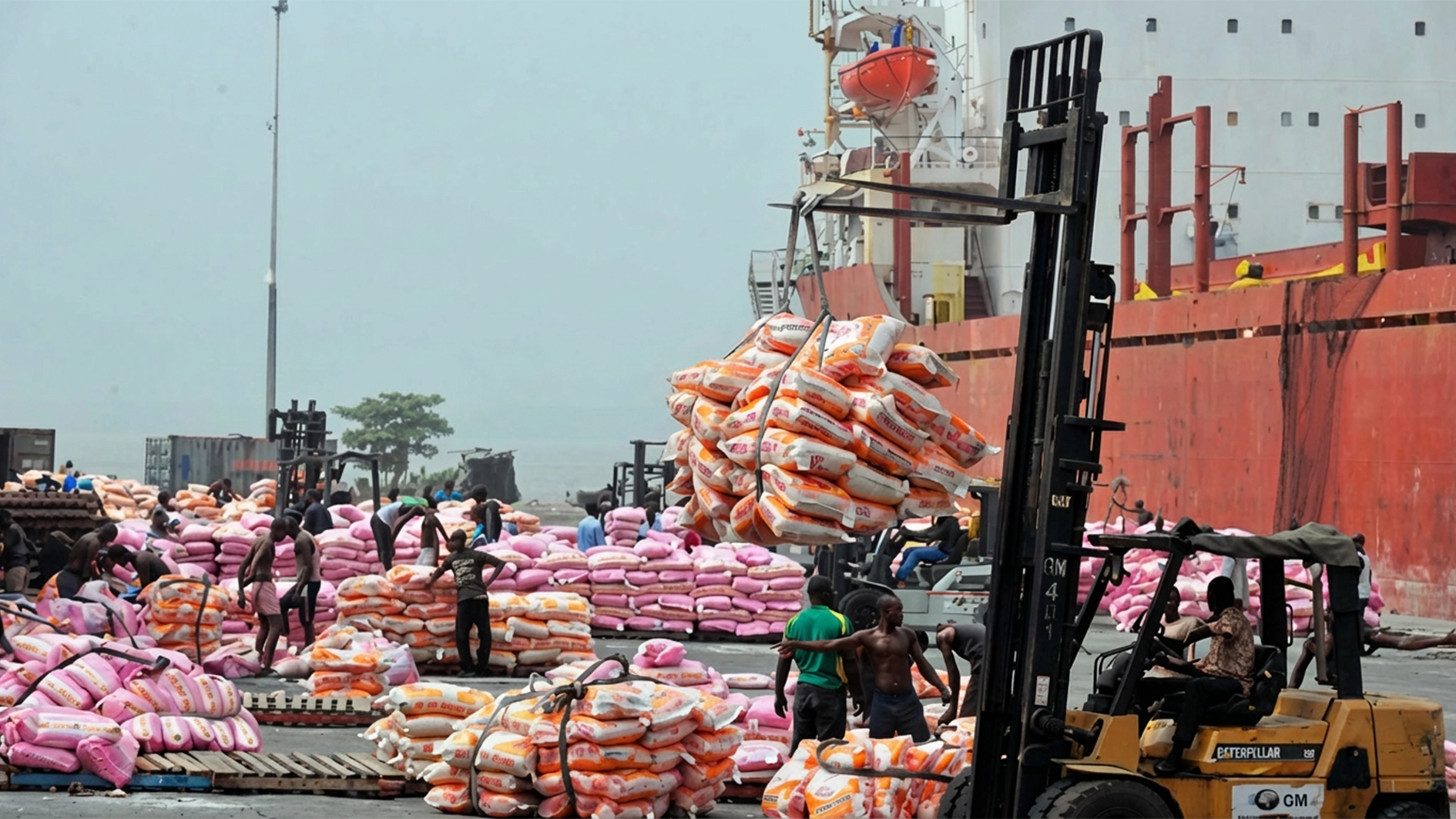
•Egypt, AU, AfDB push for reforms, transparency in debt restructuring
African leaders, yesterday, faulted the global financing architecture that is plunging several African countries into debt trap amid biting socioeconomic realities.
The leaders, at the opening of the yearly general meeting of the African Development Bank (AfDB), in Sharm el Sheikh, Egypt, said the international financial institutions have not been fair to the plight of poor African countries, and urgently need a review of the architecture to get by.
However, Nigeria was conspicuously absent at the forum despite its public debt in the neighbourhood of N70 trillion and near 100 per cent debt-to-revenue ratio.
Except for the green-white-green flag hoisted at the corner of the International Conference, the Nigerian government was not represented at the discussion session that had three African presidents seated, several Vice Presidents and scores of delegates, representing various governments.
President of the AfDB Group, Dr. Akinwumi Adesina, said that the global financing architecture is failing Africa and developing countries that are facing global challenges, adding that the design needs to be modified to tackle emerging realities more effectively.
Adesina observed that in just eight years to the end of the Sustainable Development Goals (SDGs), the entire African countries are off-track in achieving the goals, questioning their abilities and the global support they got in meeting those targets.
He said that the African countries needed $1.3 trillion in intervention yearly to achieve the SDGs by 2030, and also $144 billion yearly to recover from the devastating effects of COVID-19.
The president said: “Africa is in the circle of COVID-19, climate change and conflicts, putting it in need of more financial resources. On global warming, Africa contributes just three per cent of global carbon emissions, yet it is facing devastating effects that cost it between $7 to $15 billion losses yearly. Africa would need $2.7 trillion to bridge the gap of climate change needs by 2030, yet the global financial architecture provides only three per cent of global climate financing for Africa. Africa receives just $18 billion yearly in climate financing between 2016 and 2019.”
He added that the global financing architecture is important to tackling the debt crisis especially in developing countries and in Africa, especially in the face of COVID-19, climate change, and the Russo-Ukrainian crisis.
“While the median public debt has reclined to 65 per cent of the GDP, from 68 per cent in 2021, the debt levels are still high. Efforts to restructure Africa’s debts have also changed dramatically. While bilateral debt accounts for 27 per cent of debt compared to 52 per cent in 2000, commercial debt now accounts for 43 per cent of total debt, compared to just 20 per cent in 2000.
“But, the expansion and fragmentation of these credits complicate their repayments by the Bretton Woods institutions and others. There is, therefore, an urgent need to reform the current international financial architecture to make it fit for in-depth restructuring. Debt resolution in Africa, especially outside the Paris Club processes, has often been disorderly and retracted because of economic consequences. To avoid high debt resolution costs, and to limit the magnitude of debt crisis reemerging, the international community needs to push for enhanced transparency on debt and global coordination among creditors,” Adesina said.
He said further that while efforts were on to make the G20’s common framework on debt resolution work, they were yet to succeed in the cases of Chad, Ethiopia, Zambia and Ghana which requested debt treatment under the common framework.
President of the Arab Republic of Egypt, Abdel Fattah el-Sisi, added that African countries currently face global challenges and effects of climate change, pandemic and the Russia-Ukraine crisis, all of which were not their making, and need a collective effort to mitigate their effects.
el-Sisi urged multilateral institutions to revise the conditions of public financing for African countries to ease the burden on Africa.
Chairperson of the African Union Commission, Moussa Faki Mahamat, however, said African countries should as well be critical of what they had achieved with decisions of past multilateral meetings on African development, and why debts and inflation continued to rise.
Mahamat said: “This meeting should not be all talks but on strategic efforts to align with the AU’s 2063 agenda on self-sustainability of the continent. The financing targets are good, but they should be more realistic, looking towards institutional reviews to encourage better partnerships through in-country transparency and eradication of corruption.”






